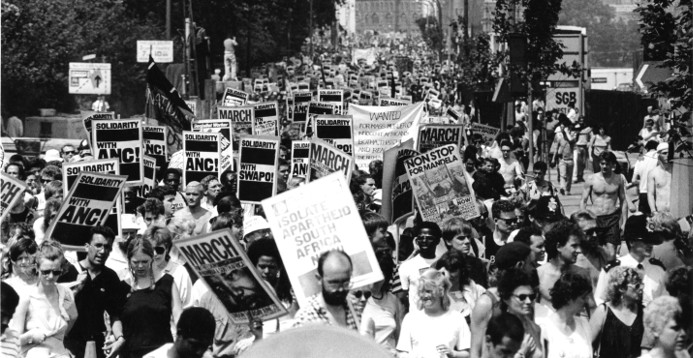
Across Africa, August 26 stands as a date etched with liberation, resistance, and historical milestones that have shaped the continent’s modern identity.
From the battlefields of Namibia’s independence struggle to landmark agreements in Egypt, the day carries deep historical resonance.
In Namibia, August 26, 1966, marked the outbreak of the liberation war when South African forces attacked the SWAPO-held Omugulugwombashe camp. The confrontation signalled the start of Namibia’s long path to independence. Today, the date is commemorated as Heroes’ Day and is also recognised by the United Nations as “Namibia Day.”
Three decades earlier, on August 26, 1923, the remains of Chief Samuel Maharero were reburied in Okahandja. This ceremony laid the foundation for Herero Day, also known as “Red Flag Day,” a major cultural commemoration for the Ovaherero people.
South Africa witnessed its own bloodshed on this date. During the nights of August 26–27, 1986, police opened fire on residents of White City/Jabavu in Soweto, leaving at least 20 people dead and dozens more injured.
Earlier, on August 26, 1929, Union Airways launched its first commercial route between Cape Town and East London, marking the dawn of civil aviation in the country.
On the same date in 2002, Johannesburg hosted the World Summit on Sustainable Development, which culminated in the Johannesburg Declaration and an action plan, ten years after the Rio Earth Summit.
Elsewhere on the continent, Ethiopia made history on August 26, 1942, when Emperor Haile Selassie signed a proclamation legally abolishing slavery, paving the way for its eradication.
In Egypt, August 26, 1936, saw the signing of the Anglo-Egyptian Treaty in London. This agreement, described as one of “friendship and alliance,” initiated the partial withdrawal of British troops and redefined control of the Suez Canal, marking a key step toward ending colonial occupation.
More recently, on August 26, 2011, Nigeria faced tragedy when Boko Haram claimed responsibility for a car bomb attack on the UN headquarters in Abuja, killing between 21 and 23 people and injuring dozens more. It was the group’s first strike against an international organisation.
Across nations and decades, August 26 remains a date symbolising resistance, reform, and remembrance in Africa’s ongoing journey toward freedom and sovereignty.



